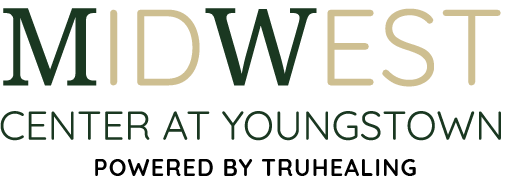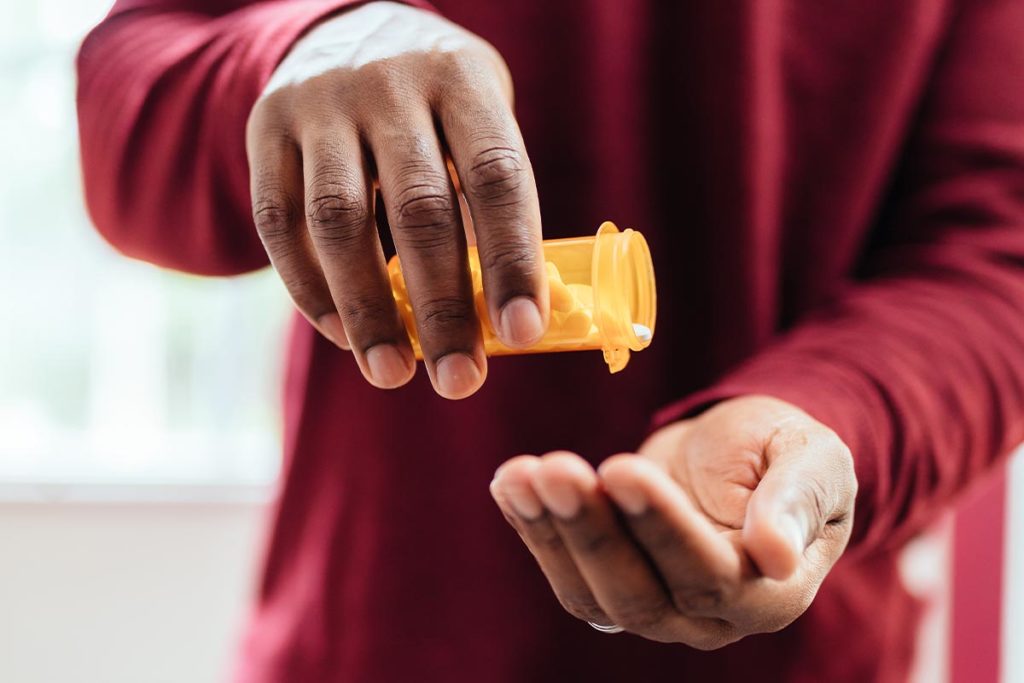Prescription drug abuse is a complicated issue. Unlike illicit drugs, this type of drug abuse usually starts with a legal medication that a doctor prescribed for a good reason. Moreover, it can be hard to tell when your loved one goes from using their medication as prescribed to abusing it. Complicating things further is that you may have even noticed positives when they started taking a prescription. Maybe their anxiety disorder has been more manageable, or the chronic pain they had isn’t so bad after using their medication. But prescription drug abuse can be dangerous and should be interrupted as soon as possible.
You have a key role to play in helping your loved one come to grips with their prescription drug abuse and get timely help. Find out how prescription drug treatment can benefit someone you love by calling 844.544.0502.
Supporting Someone Who Is Abusing Medication
The first step in addressing prescription drug abuse is to talk about the problem. Ignoring the problem or downplaying the issue will not make it go away. Failing to intervene for prescription drug abuse means things will only get worse and possibly result in full-blown addiction.
Consider following these steps to take for prescription drug abuse intervention:
- Select a private, quiet time to chat.
- Name specific behaviors you have noticed related to their prescription medication abuse.
- Express your concern.
- Make a clear offer of help and support.
- Request that they make an appointment with their doctor to address the prescription drug abuse.
It is worth providing accountability for your loved one. Don’t just trust that they will leave your conversation and get the help they need instantly. Offer to help them schedule an appointment with an addiction treatment center or primary physician and then attend the appointment with them.
In addition, you may be wondering what behaviors you should look for that might indicate they have a problem. One of the most common is taking double doses of their medication. That could look like taking too much at once or else taking a medication twice a day instead of the one time the prescription directs. Also, pay attention to if your loved one is doctor shopping or mixing their prescription with alcohol use.
Tips for Intervening in Prescription Medication Abuse
The steps to take for prescription drug abuse in the previous section should act as your initial guide. But you might follow those steps, do everything right, and not see the type of progress you are hoping for. Helping a loved one overcome prescription drug abuse might be a long process. Here are a few more universal tips.
Be Persistent
Just having one conversation about a problematic behavior you noticed isn’t going to cut it. Dedicate regular attention to your loved one and reiterate your availability to support and help them access the treatment they need.
Take Charge of Their Medication
One way to support your loved one is to take over the dispensation of their prescription. You can be in charge of giving them their dose according to the prescription instructions. This may help take away the temptation they feel to use more often or in higher doses than they should. This method is most likely to work when you and your loved one are on the same page. However, it may backfire if you take this approach without their buy-in.
Promote Healthy Habits
It is also essential to help your loved one fill their time and brain space with things outside of their prescription drug abuse. Help them manage their condition through exercise, healthy eating, and proper socialization.
Help Your Loved One Overcome Prescription Medication Abuse
In addition to what has already been discussed, one of the best ways to support your loved one is to stop enabling them. Be wary that your actions do not reinforce a loved one’s negative behavior. Enabling may solve short-term problems or conflicts, but it will only deepen the drug abuse or addiction. Consistently stress the need for treatment. Support the recovery efforts of your loved one by connecting them to Midwest Center at Youngstown. Call us today at 844.544.0502 to learn how we can help your loved one overcome prescription medication abuse.

